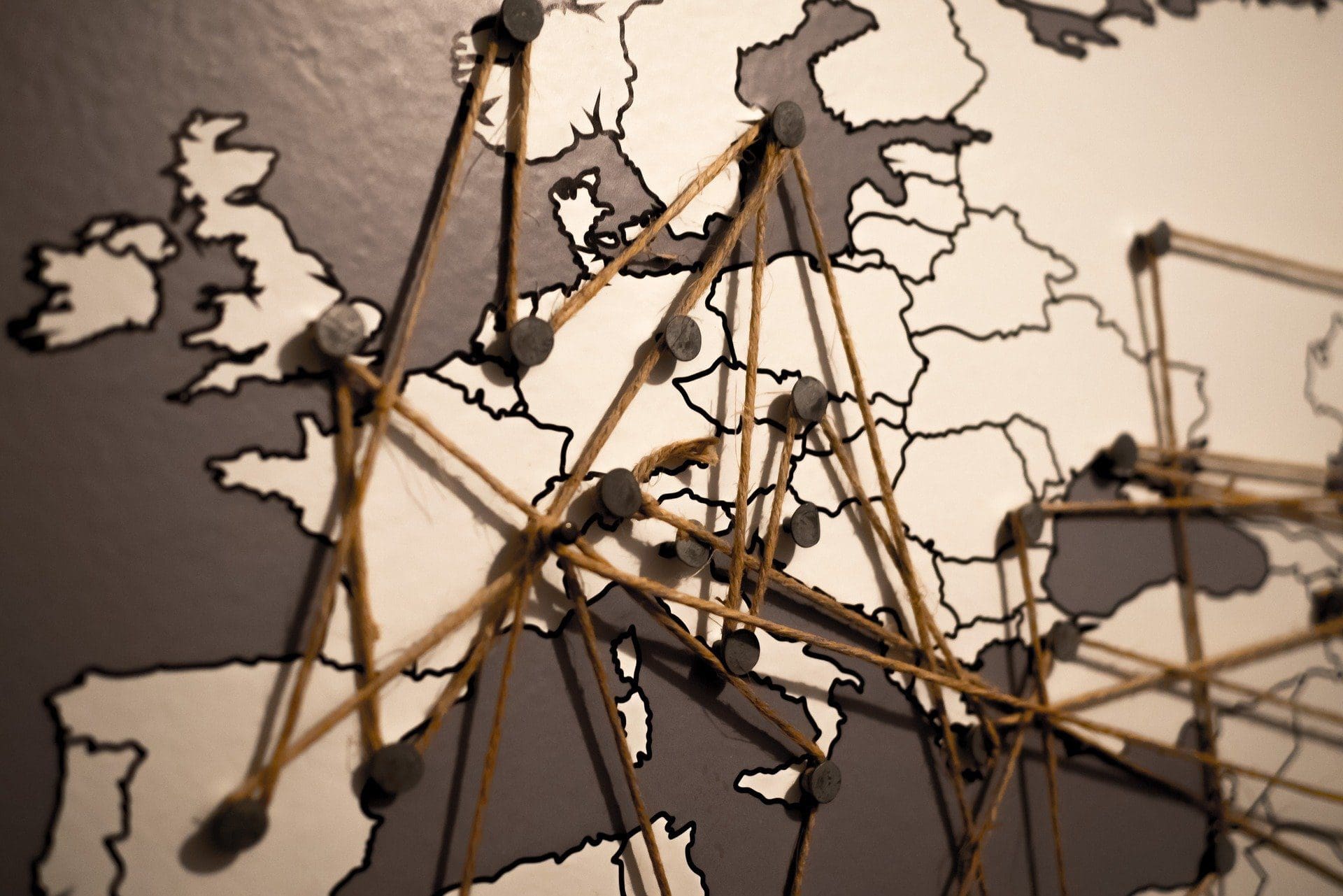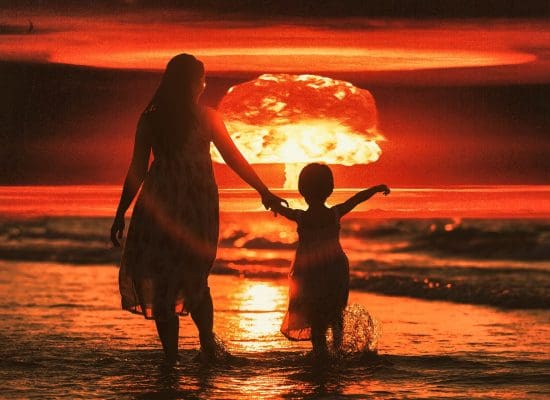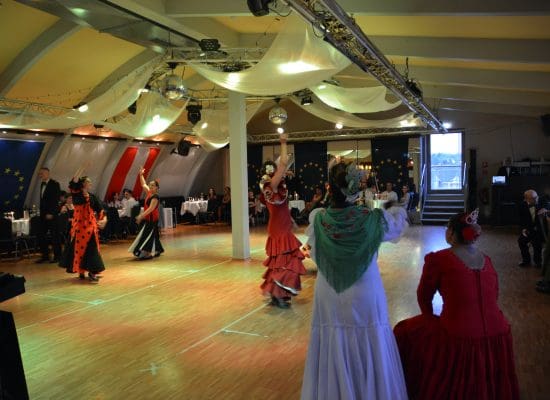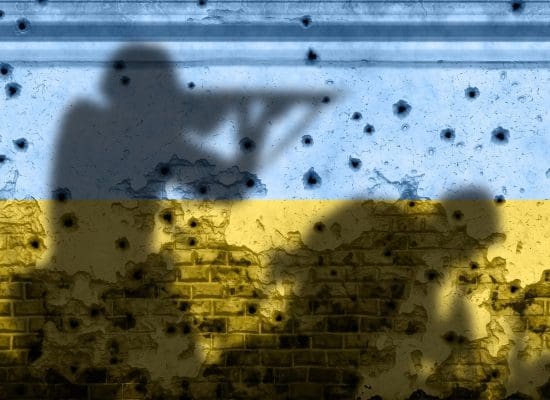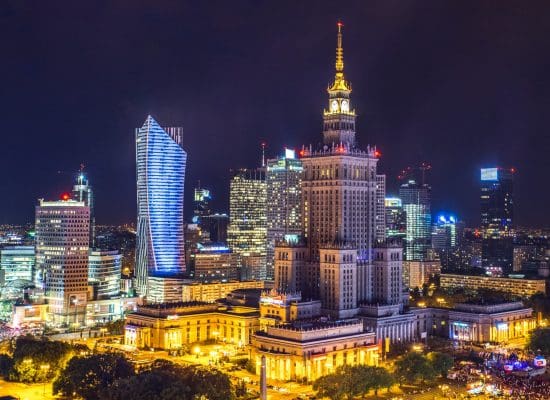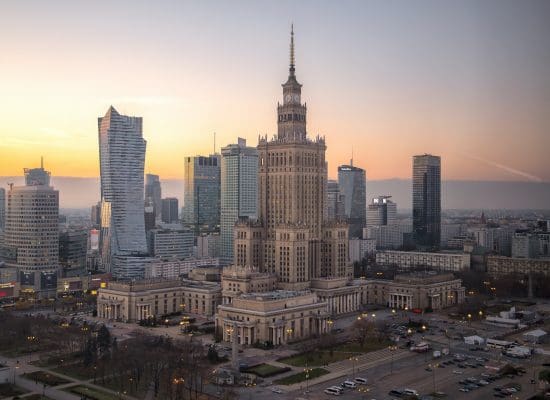Feature photo: Europe map with network | © TheAndrasBarta on Pixabay
Europe is a space for communication, interaction and experience which, together with similar spaces of this kind, forms the western world. Europe's "hour of birth" lies in the founding of the state Augustine of Hippo at the end of late antiquity and, in a good one and a half thousand years, led all of humanity to universal human rights and the members of the Council of Europe and the European Union to the formal recognition of European fundamental rights. Europe is thus a community of values that puts law before power and freely imitates its very own nature Frederick Holderlin Accepting what is foreign, transforming it and making it your own.
But Europe also led us into the impasse of the nation states, which we Europeans have been striving to overcome since 1945 at the latest.
Meanwhile, the euphoria that Europe "heralds the end of history" (Francis Fukuyama) and makes the world a paradise on earth, giving way to a disillusionment that can no longer be denied. Other communication, interaction and experience spaces (CIER) are not only beginning to dominate the world in terms of population, but also seem to be more attractive again for many people with their own values.
To make matters worse, due to today's mobility, KIER increasingly overlap and political communities can more and more often extend over several such KIER; which obviously leads to increased tension and also increasingly to worse things.
In addition, one has to recognize that both the Council of Europe and the European Union – probably due to the euphoria caused by the self-dissolution of the Eastern bloc and the false belief that Europe owes itself to a geographical definition – have also included political communities in which non-European KIER clearly dominate.
But if you want to maintain political communities in which different KIER meet, you can choose two different approaches. A totalitarian approach such as This can be observed today, for example, in China, Russia, Turkey, Poland and Hungary, or one chooses a democratic approach and finds binding rules, regulations and laws for living together. In principle, the European Union, with its immanent idea of Europe, provides a good blueprint for how different KIER could live together, as long as they all at least put law before power. Michael Wolffsohn In this regard, in his political draft (Zum Weltfrieden) offers a new, expanded federalism, which should definitely be discussed.
However, in the event that individual KIER question might before right and universal human rights in general - this also applies explicitly to groups of people who have been rooted in European societies for centuries (e.g. neo-Nazis) - it also happens in our enlightened ones Societies to Frictions; and these frictions are often more serious than the conflicts brought in from outside.
Europe must find solutions to these frictions and conflicts as quickly as possible so as not to endanger its own achievements and to move into an age of oligarchies (Ian Mortimer), i.e. exploitation and intolerance, and on the other hand to pave the way for other KIER through his role model function - but please through deeds, not just through words (!) - in order to lead our one common world to the world union after all.
Such a solution could be the failure of transfer payments. Another is to pass on the costs incurred by incompatible sections of the population to them or to demand them from their countries of origin.
In any case, the "state-citizen relationship" - the rights and duties of the individual - must be rebalanced or more precisely balanced in order to be able to continue to exist in the future.
It would also make sense to define minimum standards, analogous to universal human rights and European fundamental rights, on how people (accommodation and food) worldwide have to be cared for like Union citizens or their own citizens.
This would also take account of the fact that Europe, with all its responsibility for the current world situation, can hardly absorb or even finance all migration movements on its own.
"Outside our consciousness there lies the cold and alien world of actual things. Between the two stretches the narrow borderland of the senses. No communication between the two worlds is possible excepting across the narrow strip. For a proper understanding of ourselves and of the world, it is of the highest importance that this borderland should be thoroughly explored."
Heinrich Hertz, Greeting in Berlin (August 1891)
